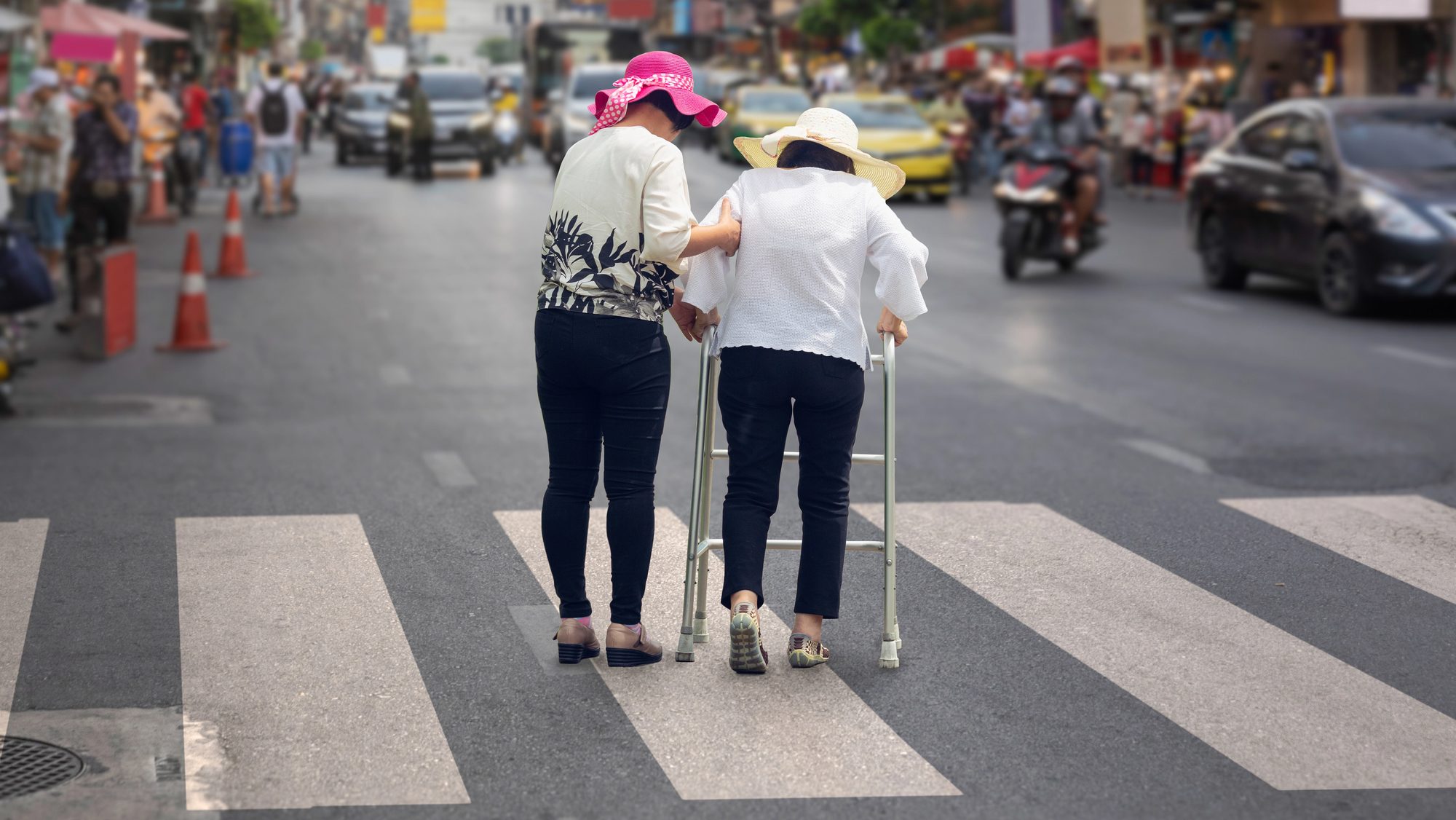CHINA: China’s ageing population is set to present both challenges and opportunities in the coming years.
With over 400 million people expected to enter their 60s within the next decade, the demand for elderly care is on the rise. Singapore-based Perennial Holdings Pte Ltd sees this as a chance to invest in a growing market, particularly in providing premium care for China’s affluent retirees, as reported by The Edge Malaysia.
According to Pua Seck Guan, chairman and CEO of Perennial, “When people have a certain level of income, they are used to a certain level of medical treatment. It cannot be totally catered for by the government.”
China’s single-child policy and low birth rates have led to a situation where a significant portion of the elderly population will rely on community or home care rather than institutional facilities.
Beijing estimates suggest only about 3% of retirees will live in nursing homes or similar facilities, while the rest are likely to spend their remaining years depending on local communities.
The Chinese government has called for private sector involvement in eldercare, part of the broader “silver economy,” which includes everything from entertainment options for the elderly to nursing homes and the manufacturing of wheelchairs and diapers.
This market could grow to US$4.2 trillion (S$5.75 trillion), according to state media.
Perennial is already operating developments in Tianjin and Chengdu, offering integrated facilities that include hospitals, rehabilitation centres, and elderly homes.
Monthly costs for these homes range from RMB7,000 to RMB20,000 yuan (S$1,308 to S$3,738), which is significantly higher than some state-backed nursing homes that charge under RMB5,000 (S$935).
However, these government facilities often have long waiting lists, making private options more appealing to those who can afford them.
Mr Pua said meeting the needs of China’s wealthier retirees in a country of 1.2 billion people would create a substantial market. “The pie is so big that I don’t think at this stage, you are talking about competing. There’s so much room to grow,” he added.
The company is also working on several more similar projects across major cities in China, with total investments reaching RMB31 billion in the medical and eldercare sectors.
Other foreign companies are also entering the market.
In September, Beijing eased restrictions on foreign investment in its healthcare industry, allowing for fully foreign-owned hospitals. Perennial’s upcoming RMB1 billion hospital in Tianjin will be the first of its kind when it opens in early 2025.
Other international players, including Japanese and American senior home operators, have also established a presence in China. Joint ventures like Fortress Investment Group’s partnership with Fosun International Ltd operate senior-living communities in several cities.
Chinese companies such as Taikang Life Insurance Co., Ltd and Sino-Ocean Group Holding Ltd are also building upscale senior compounds to attract wealthier retirees. /TISG
Featured image by Depositphotos (for illustration purposes only)

